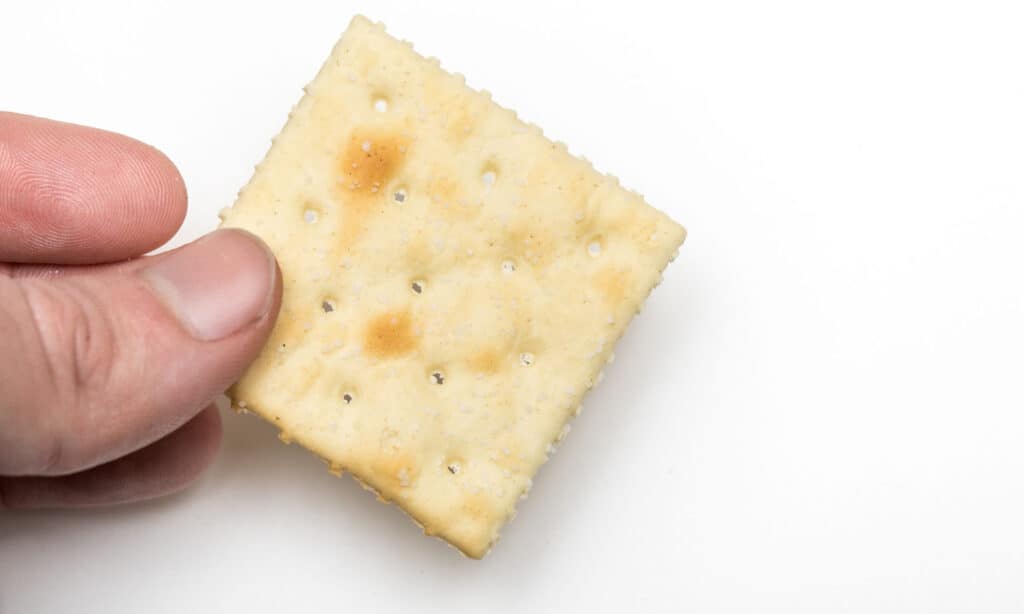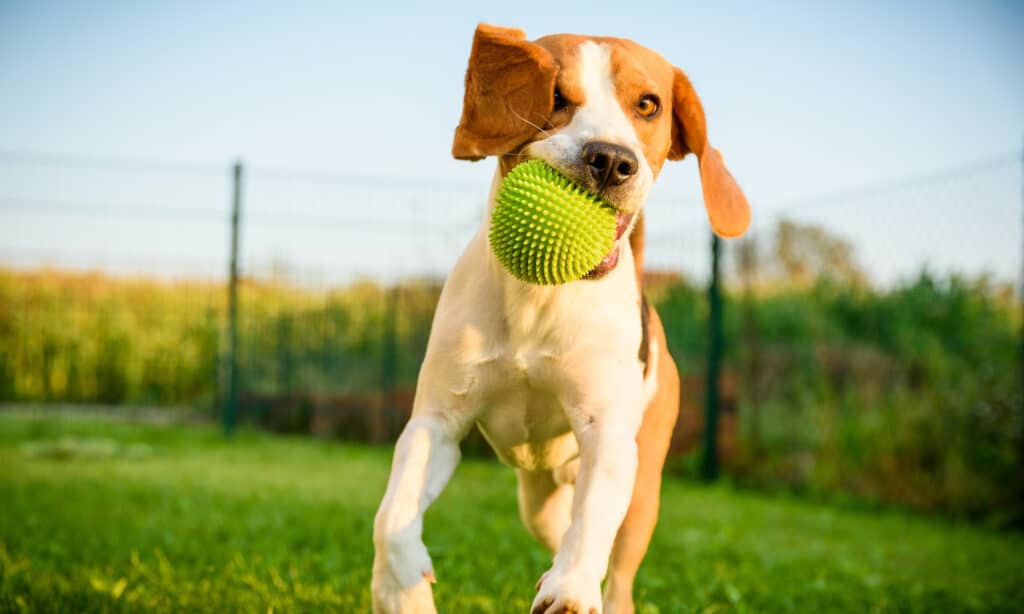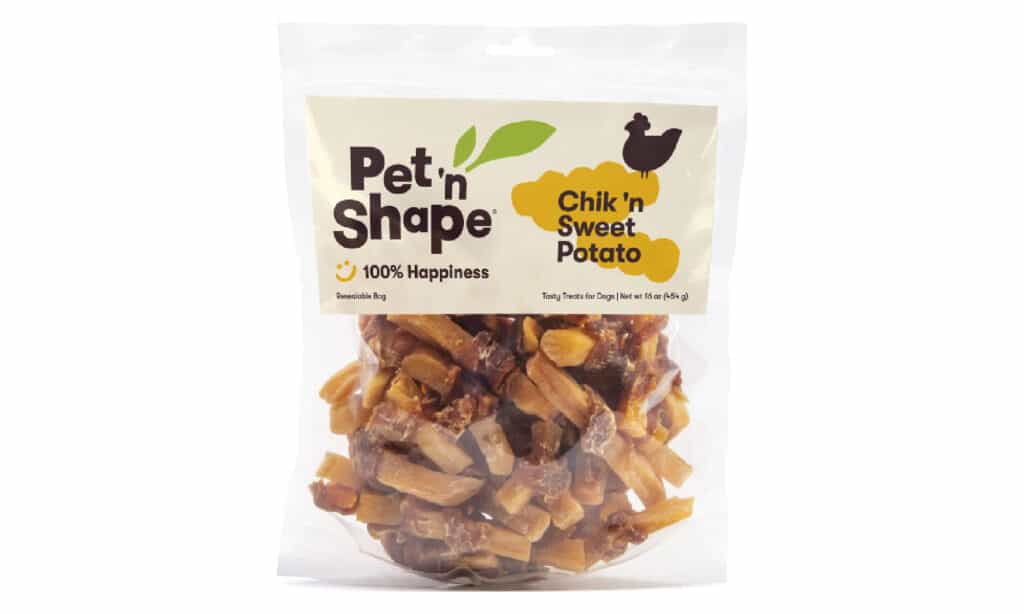It’s not uncommon for humans to snack, and dogs are known to beg for a taste due to their love of food. But not all human foods are safe for our canine companions, and it can be tough to know what’s okay to share and what’s not. One snack that many of us might not think twice about offering our pups is the humble Saltine cracker. But can dogs eat Saltine crackers without any ill effects, or should we steer clear of sharing this snack with them? Let’s take a closer look at the risks and benefits of giving Saltines to dogs.

What Are Saltine Crakers?
Saltine crackers are those thin, crispy, salty crackers you probably have stashed away in your pantry. You know the ones – they’re perfect for topping with cheese, peanut butter, or whatever else you’re in the mood for. The manufacturers make Saltine crackers by mixing flour, water, salt, and yeast, and baking them until they turn light and crunchy. You can recognize Saltines by their square shape and those little holes on top. And let’s not forget about that distinctively salty flavor that keeps us coming back for more! Saltine crackers are a classic snack, whether eaten plain or used to jazz up dips
Can Dogs Eat Saltine Crackers?
Feeding dogs too many Saltines can cause digestive issues, and the high sodium content can harm those with heart disease.If you do decide to give your dog a Saltine cracker as a treat, make sure it’s a small amount and only given occasionally.
Harmful Ingredients in Saltine Crackers:
While Saltine crackers themselves are not necessarily harmful to dogs in small quantities, there are some ingredients in them that can be problematic if consumed in excess.
One of the main concerns is the high sodium content in Saltine crackers. Too much salt can cause dehydration, high blood pressure, and other health issues in dogs. Saltines may contain harmful additives like HFCS, artificial flavors, and preservatives that are not good for dogs.
Some Saltine crackers may contain seasonings or toppings that can be toxic to dogs, such as onion powder or garlic powder. These ingredients are often used to enhance the flavor of the crackers, but they can be dangerous for dogs, especially in large amounts.
If you’re going to share Saltine crackers with your dog, it’s essential to read the label carefully and make sure that the crackers don’t contain any harmful ingredients. Limit your dog’s Saltine intake; they lack vital nutrients and shouldn’t be a large part of their diet. Saltine crackers are safe for dogs in moderation but watch out for high sodium and harmful ingredients.

Safe Ingredients in Saltine Crackers:
While Saltine crackers may not be the healthiest option for dogs, there are a few ingredients in these crackers that are safe for them to consume in moderation.
Saltine crackers are primarily made from simple ingredients like flour, water, salt, and yeast. These ingredients are generally safe for dogs to eat.
Saltine crackers are also typically low in fat, which can be beneficial for dogs that are overweight or have a history of pancreatitis.
While Saltine crackers are not the healthiest snack option for dogs, they can be consumed safely in moderation as a treat. Never replace dogs’ balanced diet for their specific nutritional needs with Saltines or any other human food. If you’re looking for healthier treat options for your furry friend, there are many safe and nutritious treats available that are specifically designed for dogs.
What Signs To Watch For If Your Dog Accidentally Ate A Lot of Saltine Crackers?
If your dog accidentally eats a lot (and I mean A LOT) of Saltine crackers, you should monitor them closely for any signs of discomfort or illness. Some of the most common signs of salt toxicity in dogs include:
- Excessive thirst or urination: Excessive salt can cause vomiting, diarrhea, thirst, and frequent urination in dogs
- Vomiting and diarrhea: Consuming too much salt can irritate your dog’s stomach and cause vomiting or diarrhea.
- Lethargy: If your dog has eaten too much salt, they may experience severe vomiting or diarrhea and weakness
- Tremors or seizures: In severe cases of salt toxicity, dogs may experience muscle tremors or even seizures.
- Swollen or bloated abdomen: Saltine crackers are also high in carbohydrates, which can cause bloating or discomfort in some dogs.
If you notice any of these symptoms in your dog, it’s essential to seek veterinary care right away. Salt toxicity can be dangerous or even life-threatening if left untreated, particularly in dogs with pre-existing health conditions or who are prone to dehydration.

When or If You Should Go To The Vet?
If your dog has eaten a large quantity of Saltine crackers and is exhibiting any concerning symptoms, it’s important to contact your veterinarian right away.
Some symptoms that may indicate the need for veterinary care include:
- Severe vomiting or diarrhea: Severe vomiting or diarrhea can cause dehydration and danger for your dog.
- Excessive thirst or urination: Excessive thirst or urination in dogs can indicate a serious medical issue – seek veterinary care immediately
- Lethargy or weakness: If your dog is unusually tired or weak, it may be a sign that they’re not feeling well.
- Loss of appetite: If your dog isn’t interested in food or treats, it could indicate an underlying health problem.
- Changes in behavior: Anxious, restless, or agitated behavior in dogs may indicate pain or discomfort – seek veterinary care if concerned.
If you’re unsure whether or not your dog needs veterinary care, it’s always better to err on the side of caution and seek medical attention. Your veterinarian can assess your dog’s condition and provide the appropriate treatment or recommendations for monitoring their symptoms at home. In severe cases, your dog may require hospitalization or additional medical interventions to manage their symptoms and prevent further complications.
Safe Dog-Friendly Alternative to Saltine Crackers:
If you’re looking for a safe and healthy alternative to Saltine crackers to give your dog, there are several options that you can try. Here are some dog-friendly alternatives to Saltine crackers:
- Carrots: Raw carrots are a healthy and low-calorie treat for dogs that can help promote dental health.
- Apple slices: Apples are a good source of fiber and vitamins, and many dogs enjoy the taste. Be sure to remove the seeds and core before offering apple slices to your dog.
- Plain popcorn: Air-popped popcorn is a safe, low-calorie dog snack without salt or butter.
- Rice cakes: Rice cakes are a low-fat and low-sodium snack that many dogs enjoy. Be sure to choose plain rice cakes without any added flavors or seasonings.
- Sweet potato slices: Sweet potatoes are a good source of fiber, vitamins, and antioxidants, and many dogs enjoy the taste. Slice them thinly and bake them in the oven for a crunchy treat.
It’s important to remember that while these alternatives are generally safe and healthy for dogs to eat, they should still be given in moderation as part of a balanced diet. As with any new food, it’s best to introduce them gradually to avoid any digestive upset or allergic reactions.
Healthy Store-Bought Options:
While Saltine crackers may be a tasty snack for us humans, they’re not the best option for our furry friends. Dogs have different nutritional needs and digestive systems, and consuming too much salt can be dangerous for them. While a few Saltine crackers won’t cause any harm, it’s best to avoid feeding them to your dog regularly.
Instead, consider offering your dog healthier alternatives, like fresh fruits and vegetables or low-sodium treats specifically formulated for dogs. And remember, if your dog accidentally consumes a large quantity of Saltine crackers or shows any signs of illness, it’s important to seek veterinary care right away.
By being mindful of what we feed our dogs and providing them with a balanced and nutritious diet, we can help them live happy and healthy lives. So, next time you’re snacking on Saltine crackers, remember to keep them out of reach of your furry friend and opt for a dog-friendly treat instead!
~Lindsie


